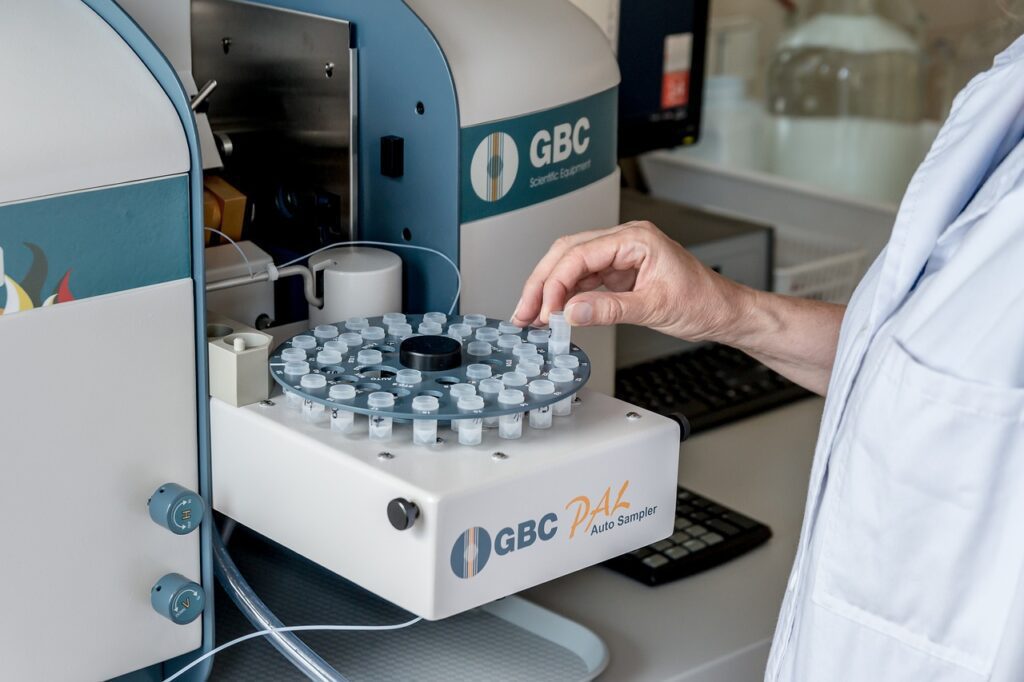The Patient-Centered Outcomes Research Institute (PCORI) has announced that it will be contributing funding for four new studies focused on four different rare diseases. The funding will top out at $19 million. These studies will tap into data from the National Patient-Centered Clinical Research Network (PCORnet), which contains health data from 66 million patients which can then be used in observational studies.
Rare Disease Research to be Funded
The first study will focus on Lennox-Gastaut syndrome, a rare form of childhood epilepsy. The goal of this study is to compare outcomes of two different therapeutic options: supplementary anti-seizure medications or palliative surgery. Both of these approaches are conducted with the goal of reducing seizures and are not curative. The impacts of these treatments will be evaluated based on how frequently patients are admitted to the ER following treatment. Other aspects, such as functional and developmental differences and the age at which each therapy is initiated, will also be taken into account. Click here for more info.
The next study will investigate pediatric chronic kidney disease (CKD). This will also be a comparative study that will evaluate different methods for managing high blood pressure (a common CKD symptom) and see if they have an impact on the preservation of kidney function. CKD in children is quite rare, and this research will be the largest study to date of pediatric patients that have not yet progressed to end-stage disease, when the kidneys begin to fail entirely. Click here for more info.
Another study is taking a look at neuroendocrine tumors. Here the scientists will be trying to determine what the most effective sequence of treatments for the illness is. There are a number of treatment options for this disease, and this study aims to deliver real-world data on the outcomes that patients experience based on which treatments are used and the order in which they are employed. Click here to learn more about this study.
The fourth study will focus on complex congenital heart disease that develops in childhood. The main goal of this study will be to see if patients do better if they continue their specialized care into their adult years in comparison to those that stop receiving specialized treatment once they become adults. This study will use data drawn from the Congenital Heart Initiative Registry, which is the first-ever patient registry for this illness. Click here to learn more.
PCORI is also putting $1 million in funding towards a program that aims to develop an automated system that can identify people with complex health problems or rare disease by using electronic health records. Click here to learn more about this initiative.






